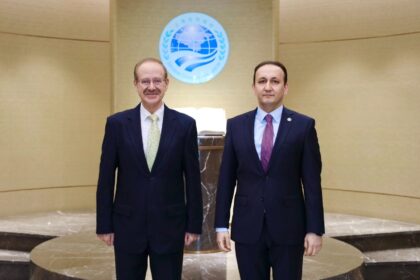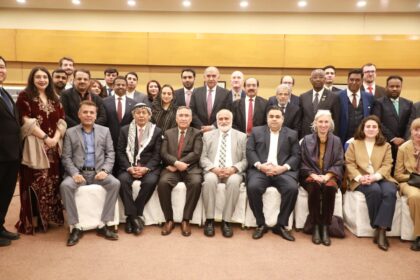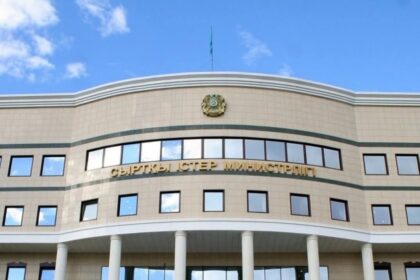A recently concluded emergency project, led by the Food and Agriculture Organization (FAO) of the United Nations and funded by the Government of Japan, has revitalized the farming and livestock sectors in Pakistan’s flood-ravaged Balochistan and Sindh provinces. This initiative, which directly benefited over 74,000 households across the two provinces, has played a pivotal role in restoring agricultural livelihoods, improving nutrition, and strengthening community resilience following the unprecedented 2022 floods.
The FAO project, made possible by a USD 6.48 million contribution from Japan, combined a multi-pronged approach of distributing agricultural inputs and livestock support, with a special emphasis on female-headed households and long-term resilience. Over 520,000 individuals reaped the benefits of this intervention, which was showcased at a project completion event attended by Japanese Ambassador to Pakistan H.E. Akamatsu Shuichi, FAO Representative Florence Rolle, and senior government officials.
Ambassador Akamatsu, addressing the event, reiterated Japan’s strong commitment to human security through sustainable development cooperation. “This project reflects our commitment to helping the people of Pakistan recover from the devastating floods and rebuild their lives through practical and sustainable agricultural support,” he stated.
Key achievements of the project included the provision of seeds, fertilizers, and training for over 14,000 farming households, enabling them to resume the cultivation of crops such as wheat, rice, maize, okra, eggplant, and tomatoes. The effort also saw the rehabilitation of 1,500 hectares of arable land, boosting food availability and providing new income opportunities.
Significant support was extended to livestock-reliant families, with 35,000 households receiving animal feed, mineral supplements, and poultry, alongside the construction of animal shelters. A mass vaccination campaign protected over 629,000 animals, safeguarding the livelihoods of herding communities. Particular attention was given to households headed by women, who benefited from specialized livestock and poultry packages along with animal care training, empowering them to diversify and stabilize their income sources.
Florence Rolle, FAO Representative in Pakistan, emphasized the profound local impact of the project. “With Japan’s timely support, families not only regained their ability to produce food but also strengthened their resilience against future shocks,” she noted.
Executed in collaboration with the Ministry of National Food Security and Research, disaster management authorities, and non-governmental organizations, the project also advanced local capacity in climate-smart agriculture, food security planning, and livestock management. These efforts have laid a solid foundation for more resilient rural systems and a stronger recovery for communities battered by extreme weather events.











